If you live in South Korea, you now have to level up your account the old-fashioned way: by yourself. Boosting for profits is now officially illegal in South Korea, marking the first crackdown on the rampant practice. Boosting is a problem worldwide, across multiple big esports titles. This news is a great step towards controlling the problem, especially in a region that has an influx of boosters.
How Boosting Works
According to the new law, boosting is an “act that interferes with a game’s normal operations by providing the service to acquire points or achievements in a way that is not approved by the game business operator”. In layman’s terms, boosting is when someone pays another player to level their account for them to a high level. In this case, the customer will tell the booster what rank or level they wish the account to be. They will then either transfer control over their account to the booster so that they can play on the account.
Usually, services claim that they will be able to boost the account to the desired level or rank by a determined amount of time. When the account is the level or rank the customer wants, they then return the account to the person. Due to how serious esports is taken in South Korea, this is a huge change. “Many popular games have been suffering from professional businesses specializing in boosting without a way to resolve this issue. The newly passed amendment will help to create a healthy esports ecosystem in Korea.”, says Assemblyman Lee Dong-seop.
This has been a huge problem in multiple games, but even more so in games that can lead to a full career. For example, the esports titles, League of Legends and Overwatch have had an increase in boosting ever since the professional scene would take off. There have even been problems with pros boosting for pay as well.
Punishments and Repercussions
In South Korea, the punishment for boosting is now 20 million won, or around $18,000. However, you can also be charged with up to two years in jail as well. The law will go into effect in around six months from now. However, if you are a professional player caught cheating, it can also affect your career in the worst way. According to the esports global penalty index, if a pro player is caught boosting an account for profit, the minimum suspension time is around three competitive months. The maximum suspension time is twenty competitive months.
In League of Legends, twenty months would equal to around two years of their career down the drain. There haven’t been many instances of pros boosting accounts, but in those rare cases, the hammer is swift and strong. Most players would get multiple months of suspension, which in this day and age, is almost a death sentence to budding esports star’s career. Their reputation is sullied, and the chances of joining a top-tier team again are slim to none.
Hopefully, this new law will limit the amount of boosting in the competitive scene and cultivate a better esports environment.
What are your thoughts on the new laws around account boosting? Let us know what you think in the comments below! If you want more esports news, check us out here!


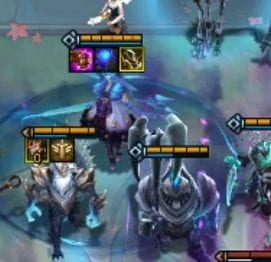

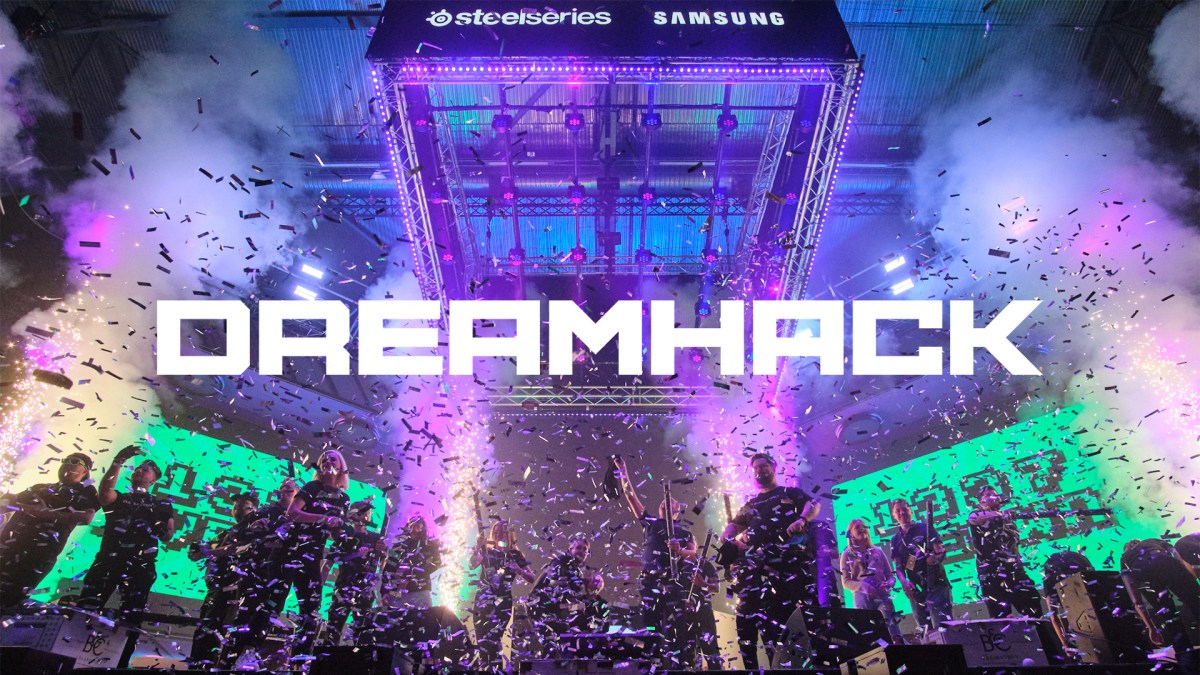
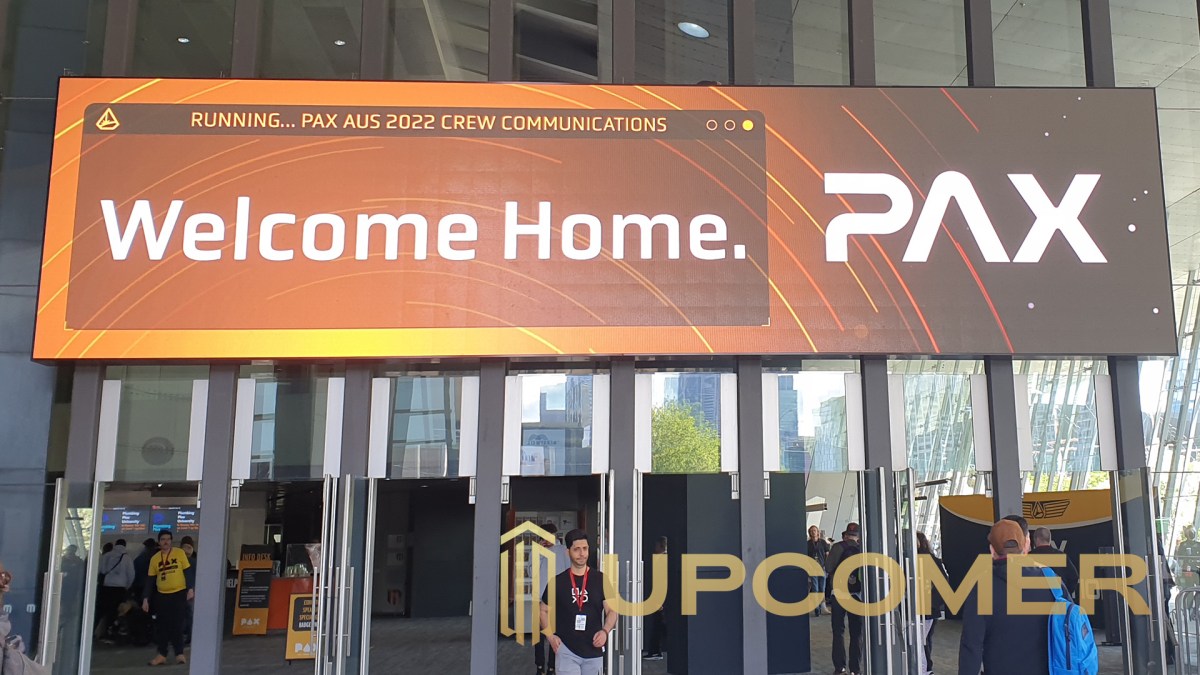


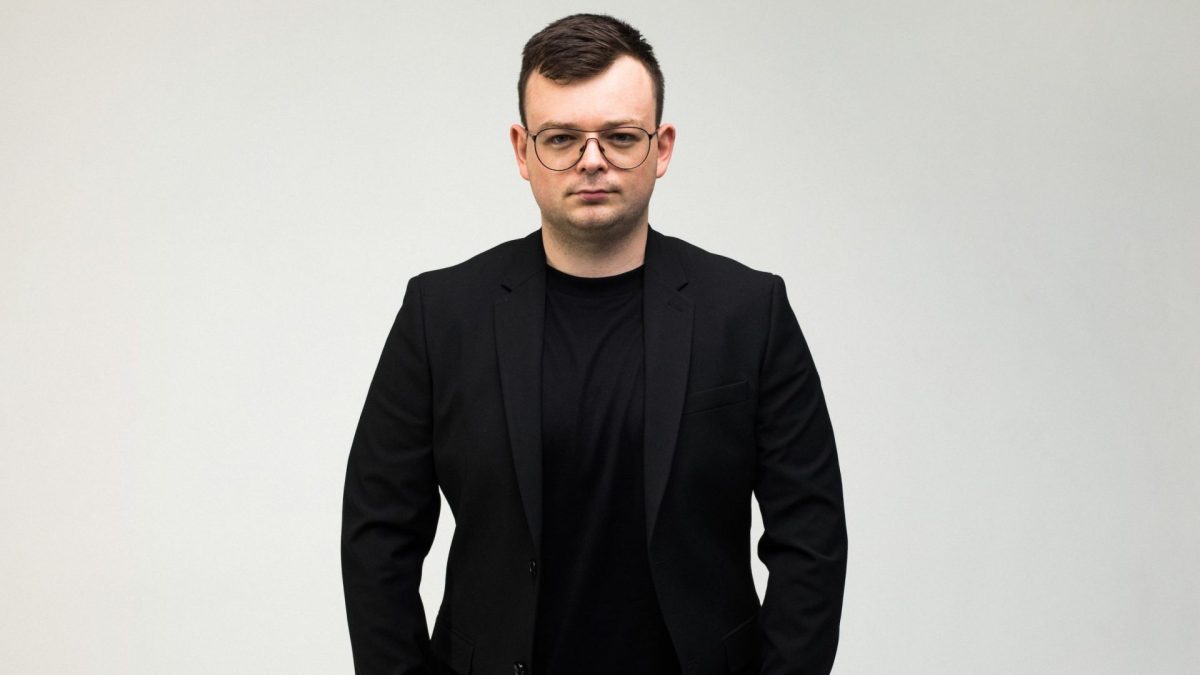

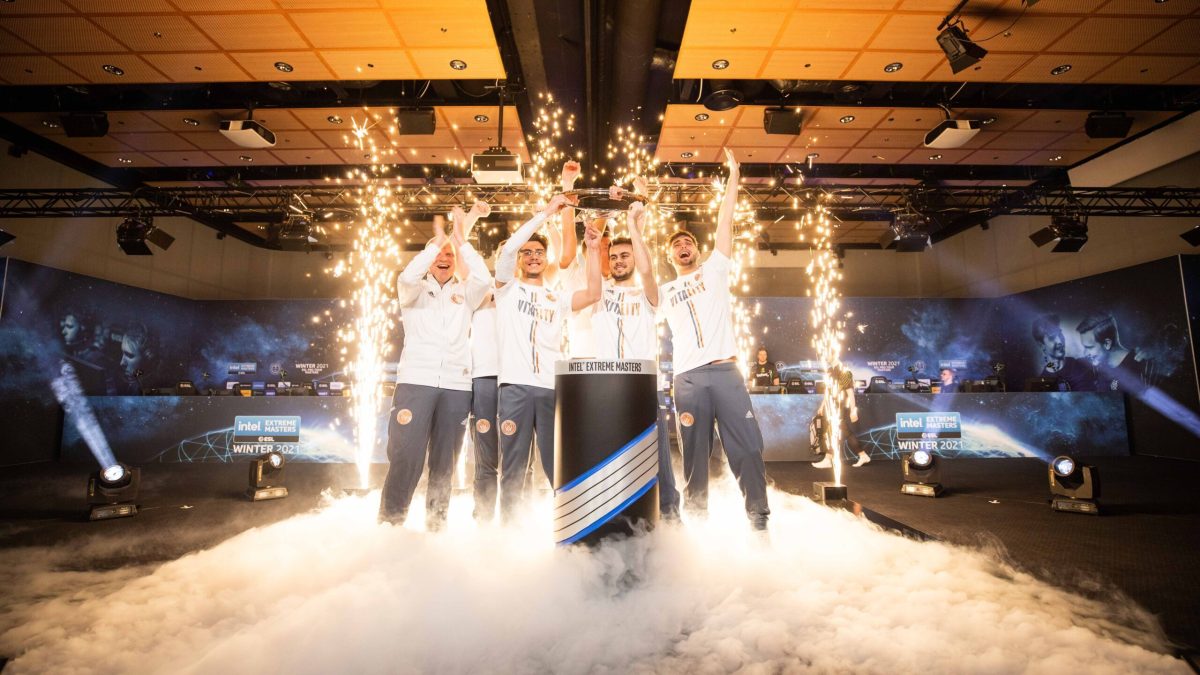
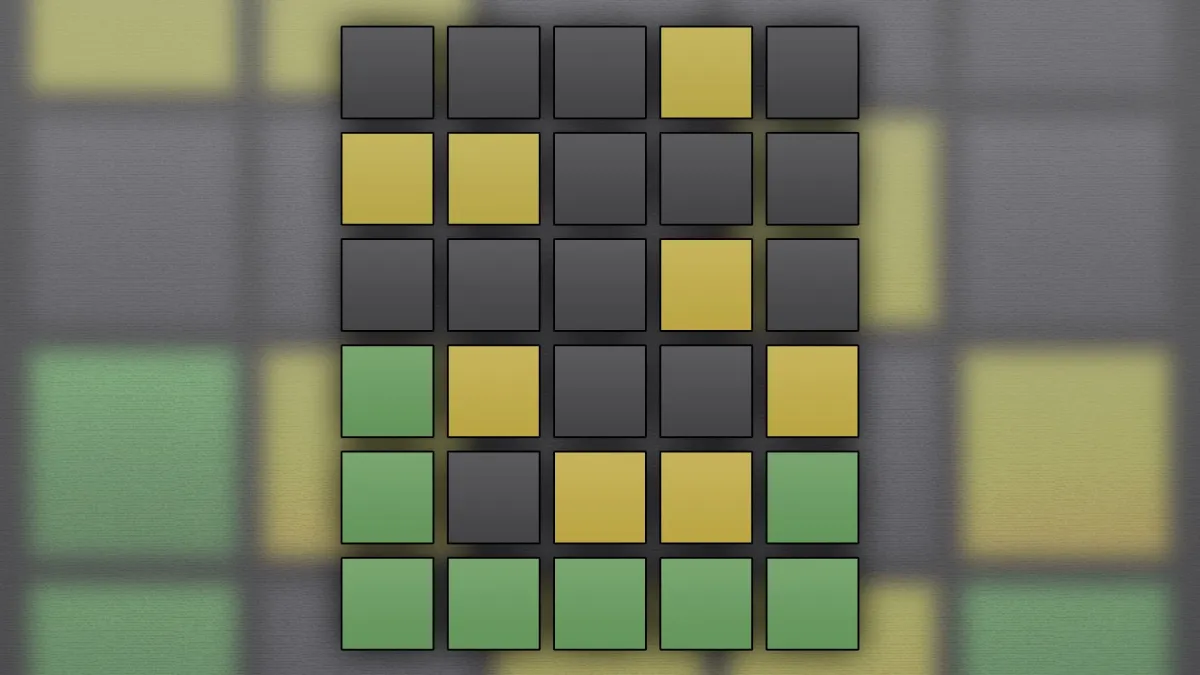


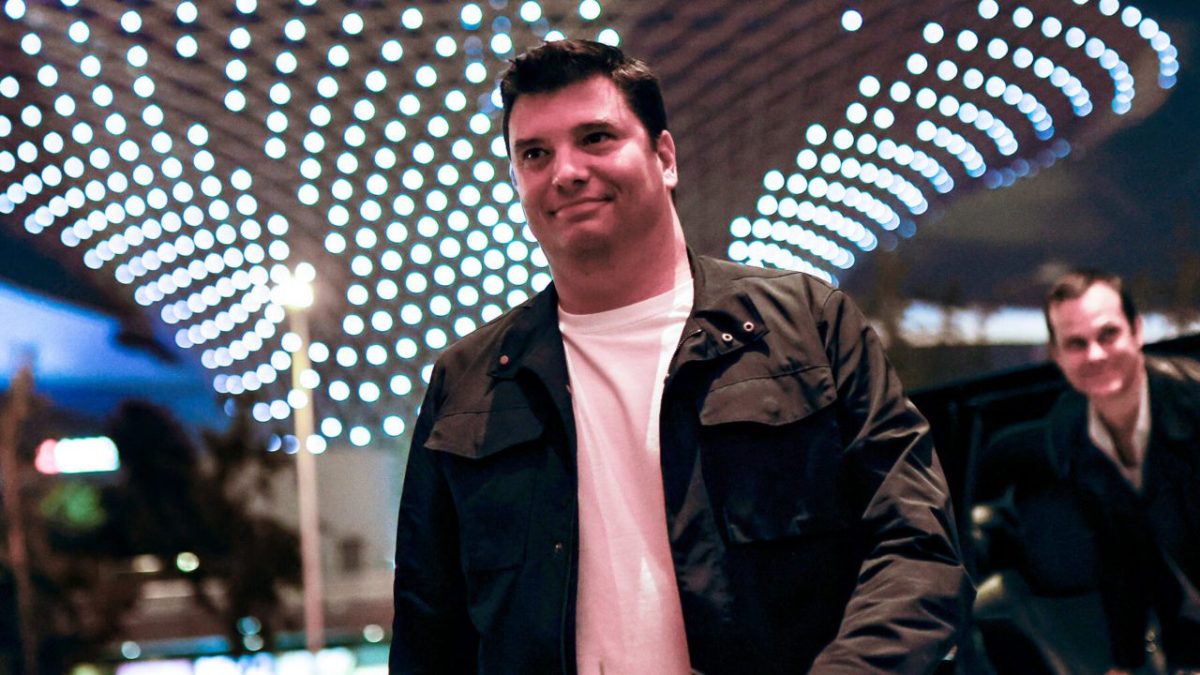
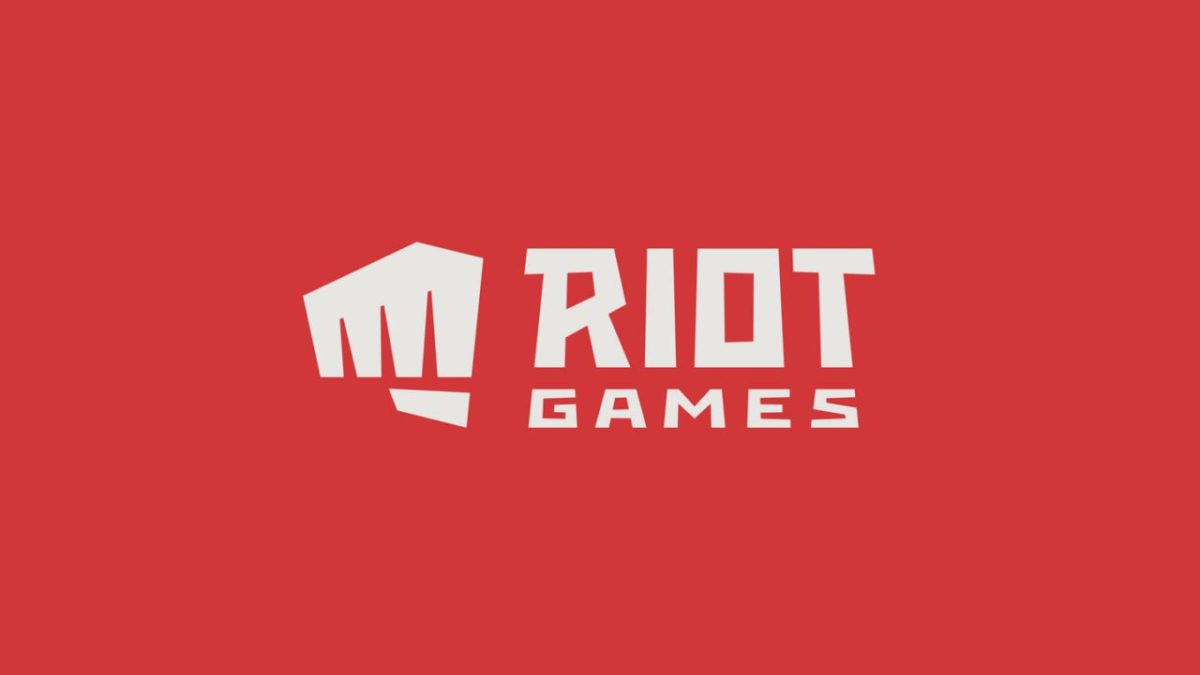
Published: Dec 10, 2018 12:32 am